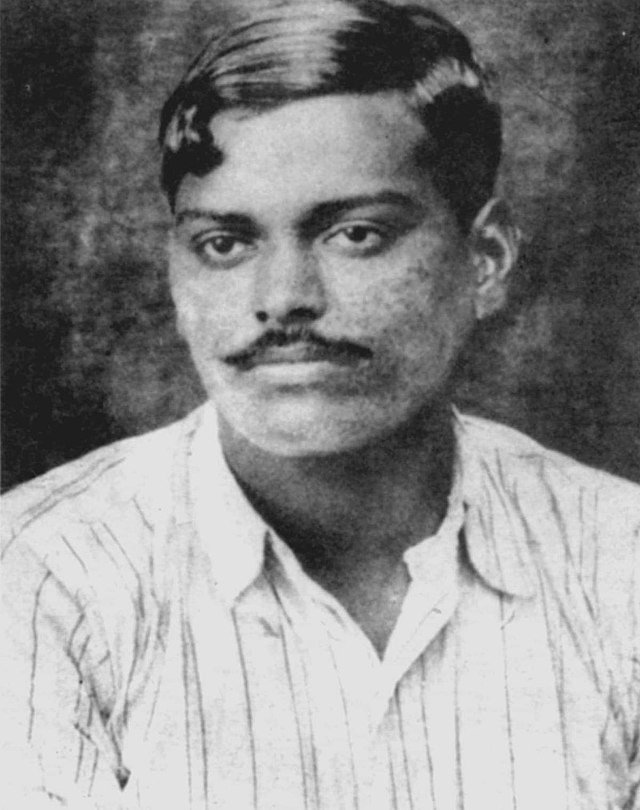Description

Disclaimer: Copyright infringement not intended.
Context
- The Prime Minister, Shri Narendra Modi has paid tributes to freedom fighter, Chandra Shekhar Azad on his Jayanti.
Highlights
Early Life and Ideology
- Born on July 23, 1906, in Bhavra, Madhya Pradesh, India.
- Witnessed the Jallianwala Bagh massacre of 1919, which deeply influenced his commitment to India's freedom struggle.
- Embraced the ideology of armed resistance and rejected non-violent approaches like those advocated by Mahatma Gandhi.
The Hindustan Socialist Republican Association (HSRA)
- Became an active member of the HSRA, founded by Ram Prasad Bismil in 1928.
- Advocated armed struggle as a means to overthrow British rule.
- Aimed to create a network of like-minded individuals willing to sacrifice for India's independence.

Role in Kakori Train Robbery
- Involved in the Kakori Train Robbery on August 9, 1925, near Lucknow.
- Robbery aimed at acquiring funds for the revolutionary activities and striking a blow against the British government.
- Brought Azad and HSRA into the limelight, intensifying British efforts to capture them.
The Encounter at Alfred Park (Company Bagh)
- On February 27, 1931, faced an encounter with the British police at Alfred Park in Allahabad (now Company Bagh).
- Fought valiantly and single-handedly against a large number of police officers.
- Chose to die as a free man rather than surrender, becoming an inspiration for the freedom struggle.
Legacy and Inspiration
- Continues to inspire generations of Indians with his courage and determination.
- Symbol of selfless devotion to the motherland and unwavering commitment to the cause of freedom.
- His commitment to armed struggle left an indelible mark on India's history.
Commemoration
- Numerous educational institutions, parks, and public places across India named after him to honor his memory.
- His name invoked as a source of inspiration in India's quest for justice and freedom.
- Remains a symbol of bravery and defiance against oppressive forces
|
PRACTICE QUESTION
Q. Which of the following statements about Chandrashekhar Azad is/are NOT correct? Choose the correct option:
1.Chandrashekhar Azad was a prominent revolutionary leader who fiercely opposed British colonial rule in India.
2.He was actively involved in the Mainpuri Conspiracy of 1918, which aimed to overthrow British authorities in the United Provinces (present-day Uttar Pradesh).
3.Chandrashekhar Azad was known for his exceptional skills in marksmanship and was an expert in using firearms.
4. He surrendered to the British police in 1931 after an intense encounter in Alfred Park, Allahabad, where he fought valiantly to the end.
Options:
a.1 and 4
b.2 and 3
c.1, 3 and 4
d.2, 3 and 4
|

https://pib.gov.in/PressReleasePage.aspx?PRID=1941820







